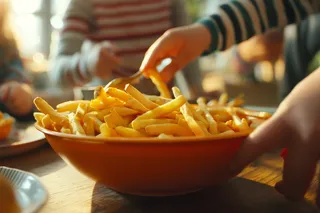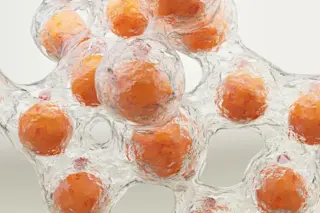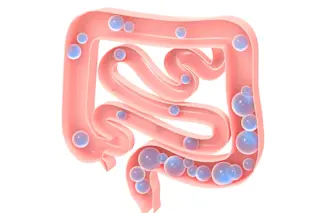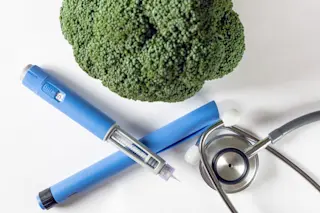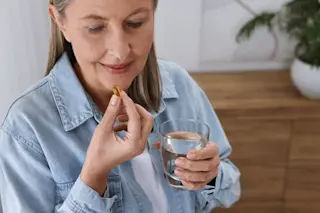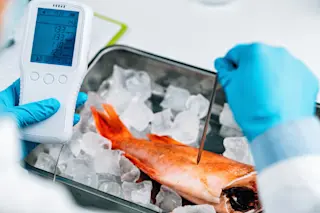(Credit: 5 second Studio/Shutterstock) Carnitine, chromium, anabolic steroids: Athletes have experimented with a broad array of aids in pursuit of a performance edge. A popular — if unglamorous — one today that seems safe and backed by solid data: the juice of beets, for the nitrate it contains. Inorganic nitrate (NO3^-) is added to cured and processed meats to extend their shelf life and give them their distinctive pink color. It’s also naturally found in spinach, arugula and beets. In the past decade, new evidence has suggested that the nitrate in these vegetables enhances athletic performance and may also increase cardiovascular health in old age. The first clue came in 2007, when Swedish researchers reported that three days of sodium nitrate supplementation lowered the oxygen demand of nine cyclists and triathletes as they worked out, compared with a placebo of table salt. It also increased the blood plasma levels of ...
Drink Your Beets: The Science Behind the Vegetable's Surprising Benefits
Discover how beet juice performance enhancement can boost your athletic ability and overall cardiovascular health.
More on Discover
Stay Curious
SubscribeTo The Magazine
Save up to 40% off the cover price when you subscribe to Discover magazine.
Subscribe

